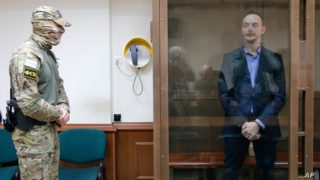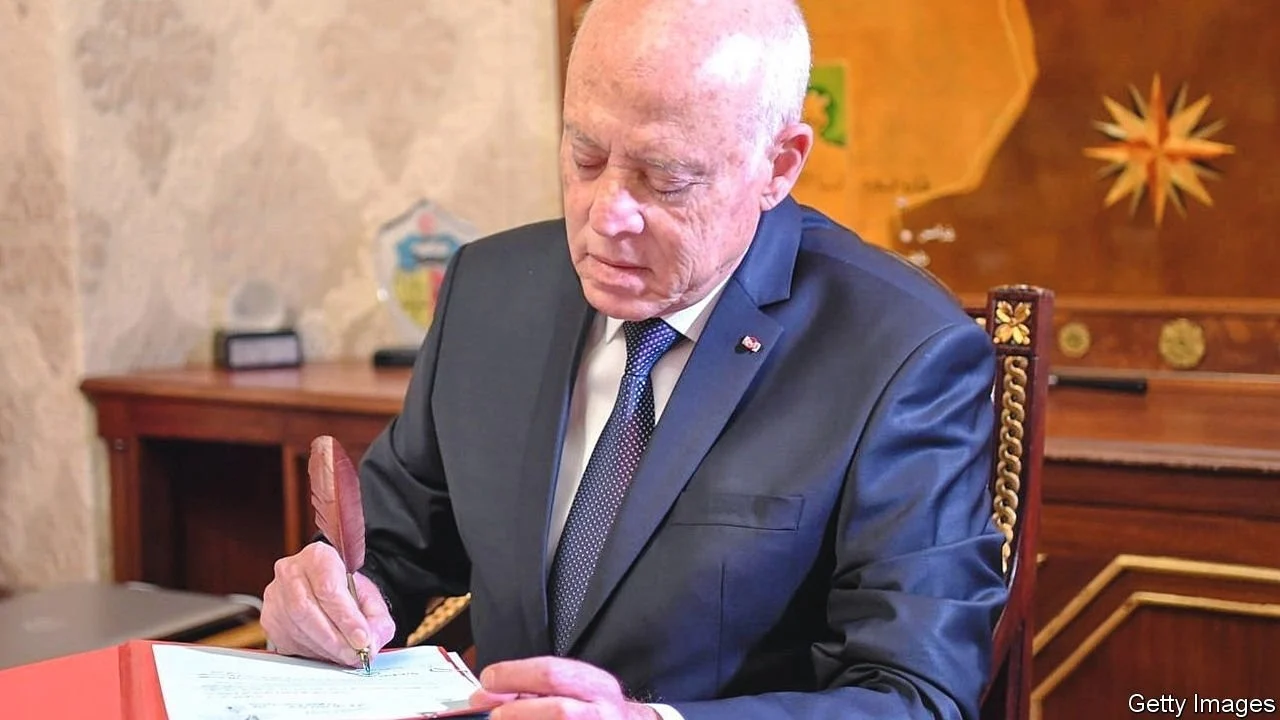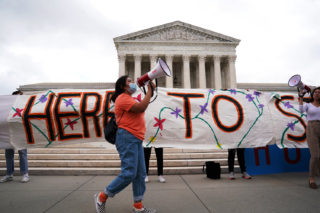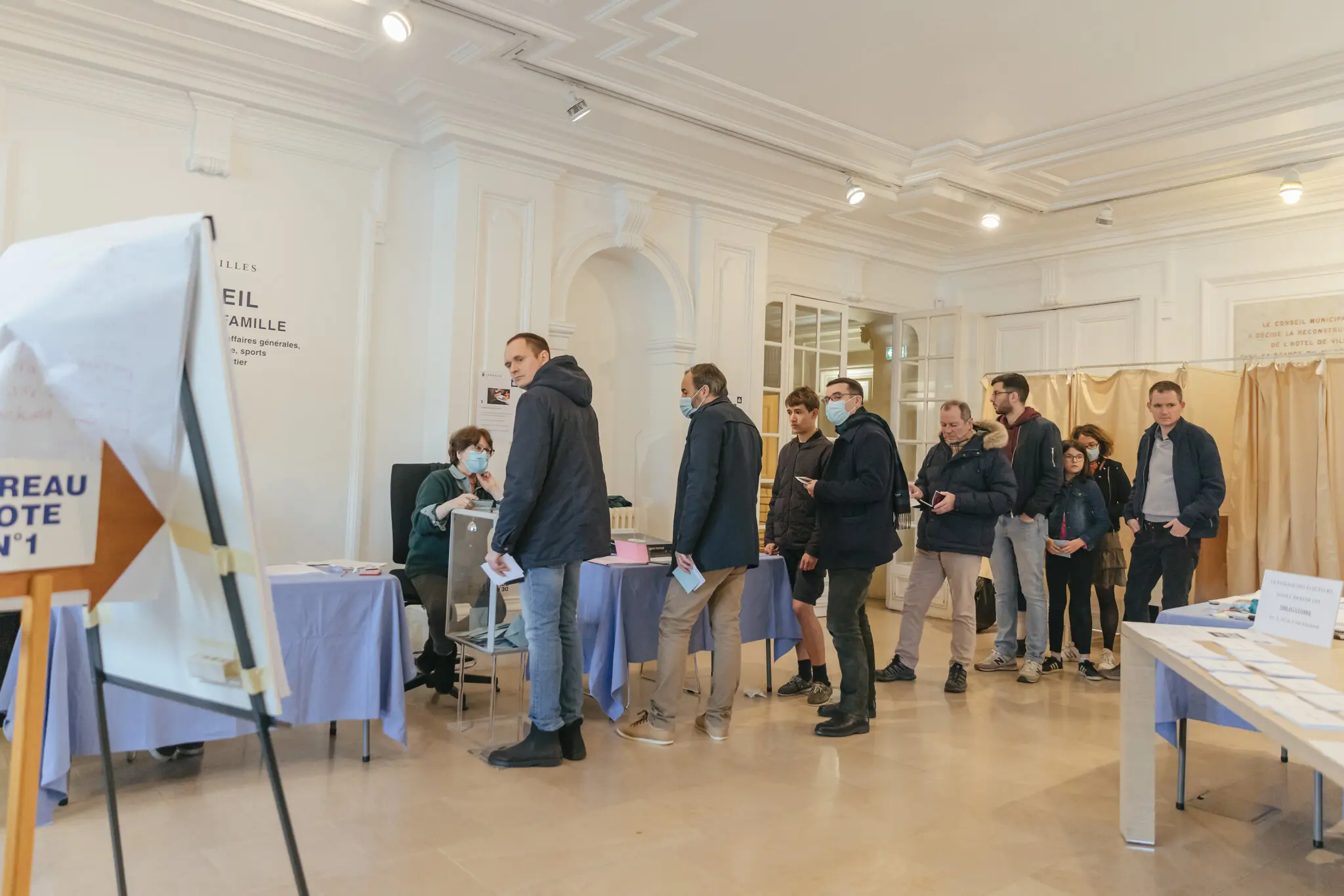
PARIS — President Emmanuel Macron of France will face Marine Le Pen, the far-right leader, in the runoff of the French presidential election on April 24.
The two candidates advanced to the second round of voting on Sunday — Mr. Macron with 27.85 percent of the vote, and Ms. Le Pen with 23.15 percent — after a muted campaign that was largely overshadowed by the war in Ukraine.
For weeks, Mr. Macron was accused of trying to use his diplomatic prominence to cruise into a second term without debating his opponents over domestic issues. Now, though, he is entering a new and decisive phase of the campaign, one that will require him to directly face voters concerned about the cost of living and his plans to raise the legal retirement age.
Mr. Macron and Ms. Le Pen faced off in France’s last presidential election, in 2017. Then, Mr. Macron won nearly two-thirds of the vote, but polls predict the race will be much closer this time.
France’s tradition of mainstream voters uniting against the far-right looks more precarious than ever, and a victory by Ms. Le Pen, who has softened her tone but not her anti-immigrant, nationalist platform, would reverberate globally.
Jean-Luc Mélenchon, the radical leftist candidate, finished in a strong third place in the first round of voting, with 21.95 percent of the vote, and Mr. Macron and Ms. Le Pen hope to convince left-wing voters that they are better positioned to address calls for social justice and preserve France’s generous welfare state.
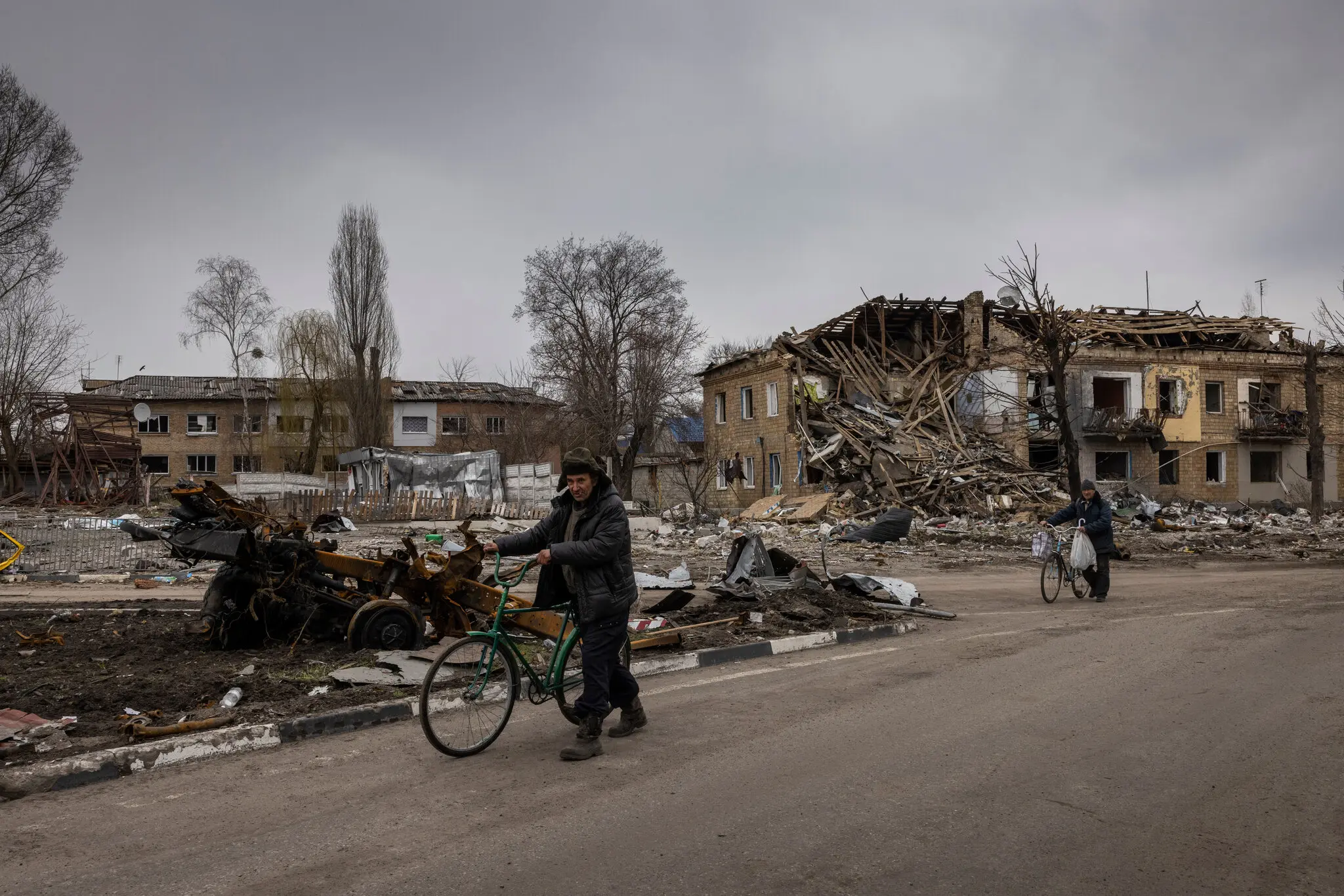
The presidency is France’s most powerful political office, offering considerable control of domestic and foreign policy in one of the European Union’s most populous and influential member states. Here is what you need to know about the runoff.
What’s at stake?
France, a nation of over 67 million people, is the world’s seventh-largest economy and most visited country, one of five permanent members of the United Nations Security Council and a nuclear power. It is a founding member of the European Union and a key driver of its policy.
France’s next president will have to help the country navigate two forces buffeting Europe: a brutal Russian invasion of Ukraine that has displaced millions on the continent’s doorstep, and a pandemic-related economic recovery that is straining supply chains.
While right-wing forces have largely won France’s culture wars in recent years, voter surveys show that French voters are now primarily concerned with the growing cost of living. The next president will have to juggle those worries with other long-term issues on voters’ minds, like France’s clean energy transition, the sustainability of its generous welfare model, fears of immigration and hand-wringing over the place of Islam in the country.
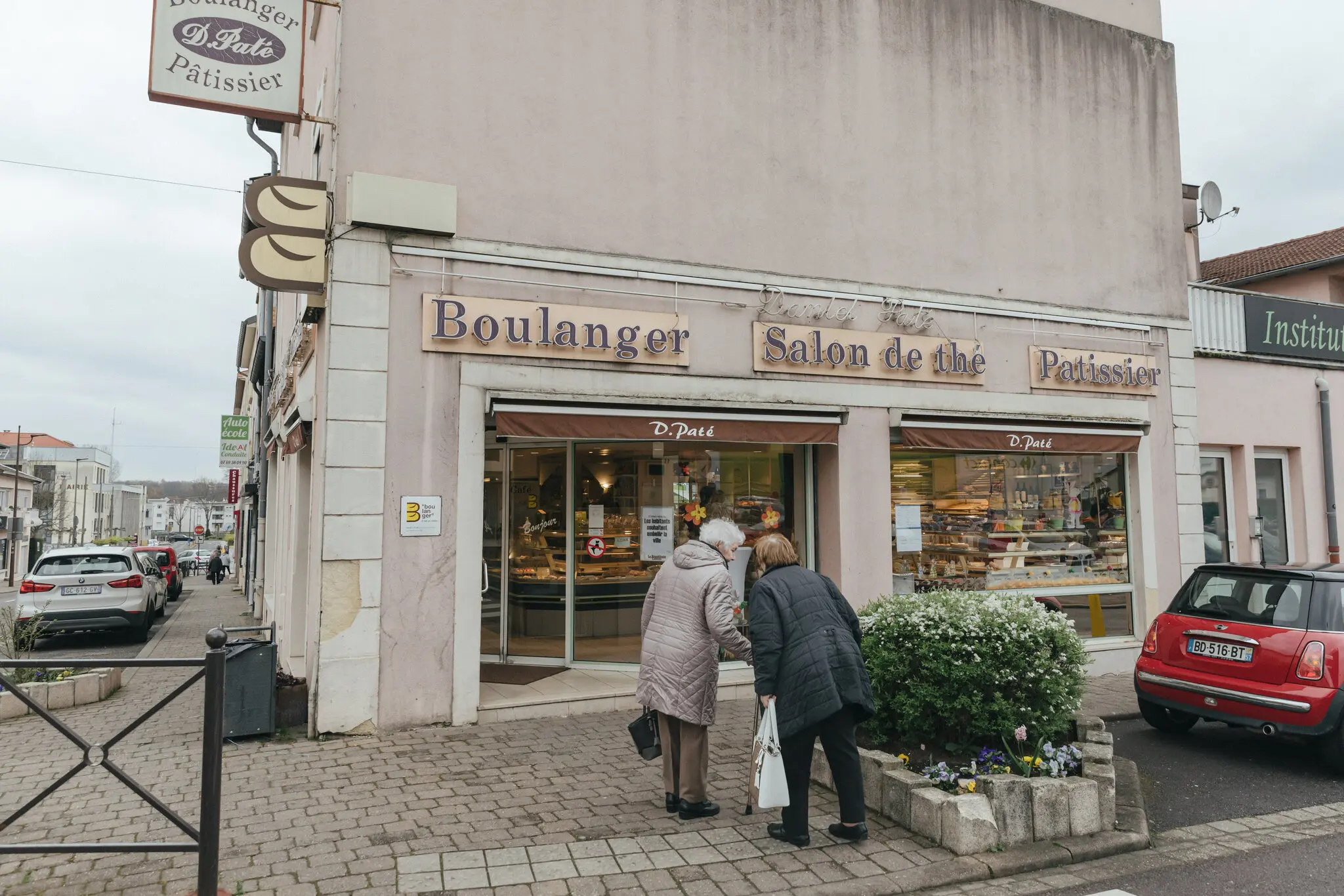
Broad disillusionment with politics has also become a major source of concern. Voter turnout for the first round of voting was 73.69 percent, high by many countries’ standards but the lowest for a French presidential election since 2002.
What are the powers of the French presidency?
French presidents have formidable powers at their disposal — more than most Western leaders, with fewer of the checks and balances that limit the executive branch in other countries.
Unlike British prime ministers or German chancellors, who are chosen by the parties that control the most seats in Parliament, French presidents are elected directly by the people for five-year terms. Shortly after that election, France returns to the polls to vote for representatives in the National Assembly, the more powerful house of Parliament, where terms also last five years.
Having both of those elections on the same five-year cycle strongly increases the likelihood that France will vote in lawmakers who back their newly elected head of state, who does not have to worry about midterm elections and is largely immune from internal party turmoil because the president is voted in for a fixed term.
France’s prime minister, as the head of government, plays an important role in the constitutional system, as does Parliament. But the president, who appoints the prime minister, sets much of France’s agenda.
Still, Mr. Macron and Ms. Le Pen could find it challenging to muster a strong legislative majority, potentially forcing them into a “cohabitation” — when the presidency and the National Assembly are on opposing political sides, compelling the president to choose a prime minister of a different persuasion and potentially blocking much of the presidential agenda.
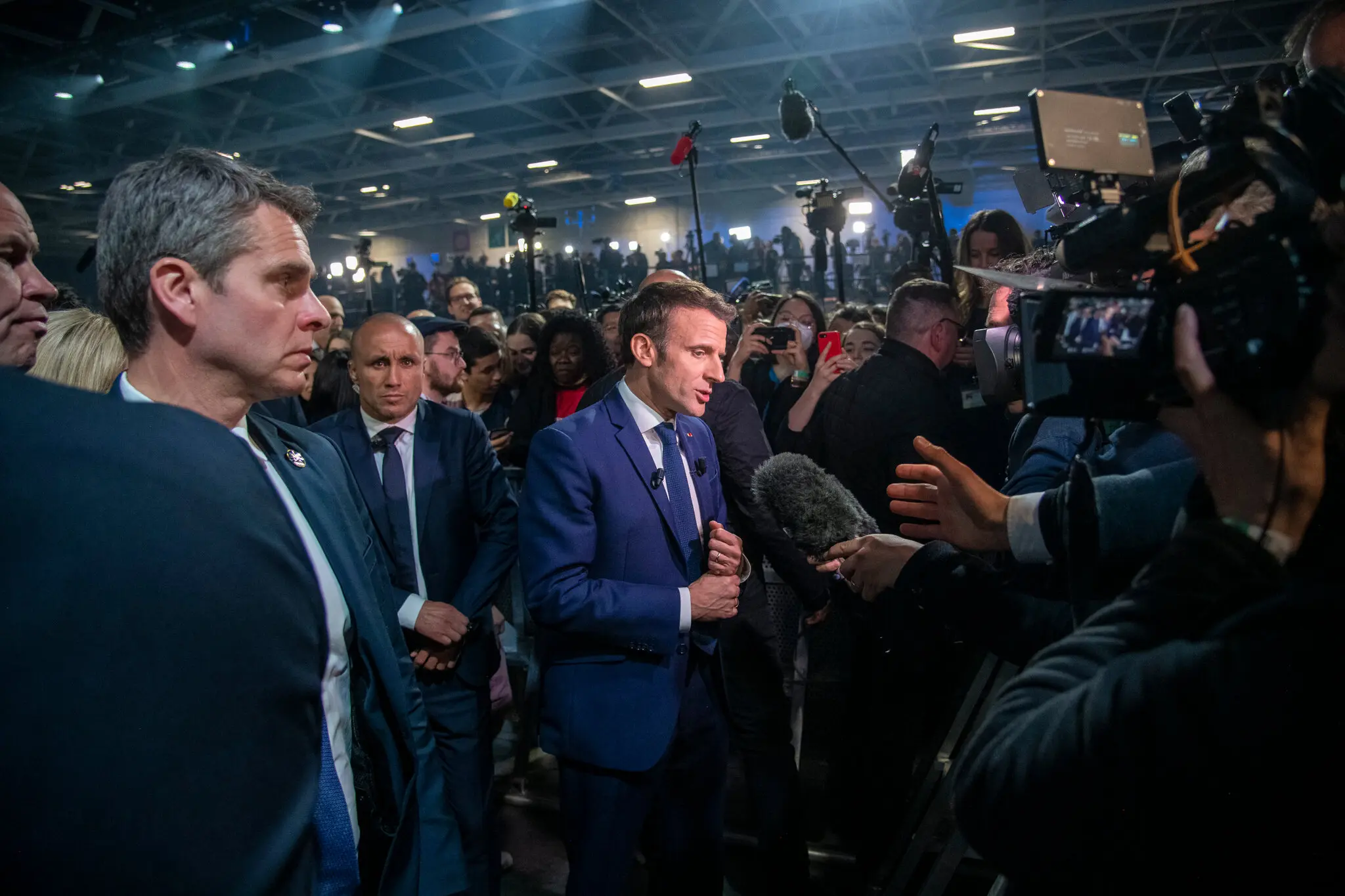
Similarly to Mr. Macron, many lawmakers in his party were political novices when they were elected in 2017 with sweeping promises of change. This time, he faces distrust and hostility from many voters, especially on the left, who will be less inclined to give his party a chance.
And Ms. Pen, whose party only has a handful of lawmakers in the National Assembly, could face even more obstacles if voters shocked by her election decided to back candidates who opposed her nationalist agenda.
Who is running?
Of the 12 official candidates in the first round of voting, only Mr. Macron and Ms. Le Pen made it into the runoff.
Mr. Macron, 44, is a former investment banker who was elected in 2017 with little political experience and is running for a second term. He was elected on the ruins of France’s traditional political parties with a strong pro-business platform. He overhauled the labor code, eliminated a wealth tax and reformed the national railway company. But his reformist zeal was tempered by massive strikes over his pension reform plans, Yellow Vest protests and the coronavirus pandemic.
Mr. Macron’s challenger is Ms. Le Pen, 53, the perennial far-right leader who is running for the third time and who lost to him in 2017. She leads the National Rally, a movement long known for antisemitism, Nazi nostalgia and anti-immigrant bigotry that she has tried to sanitize and turn into a credible governing party. Ms. Le Pen has faced criticism about her past sympathy for President Vladimir V. Putin of Russia, but inflation and rising energy prices play well into her protectionist platform.
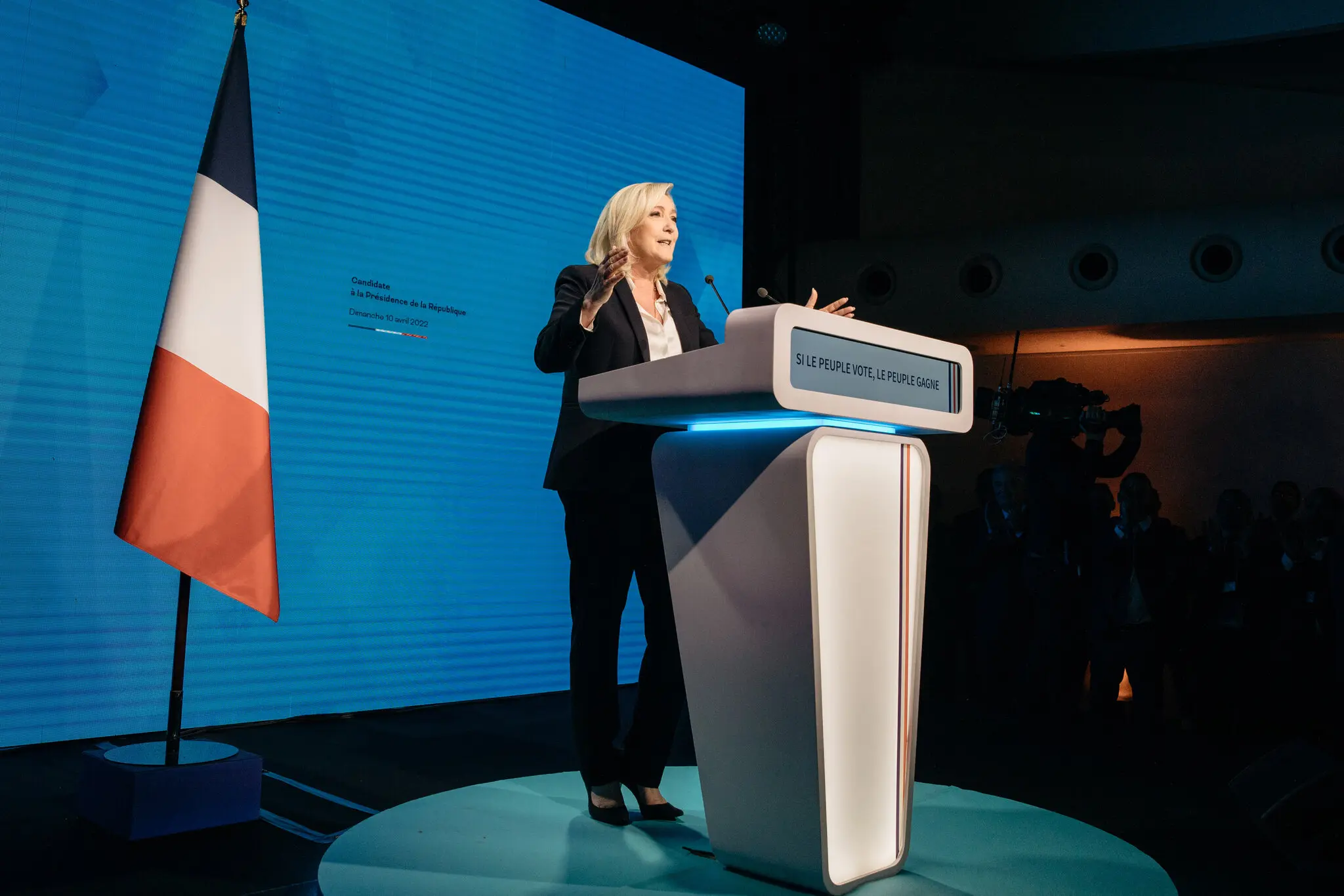
The latest polls give Mr. Macron a slight edge over Ms. Le Pen, but the race is expected to be much closer than in 2017, when Mr. Macron won handily with 66.9 percent of the runoff vote.
A televised debate between Mr. Macron and Ms. Le Pen on April 20 — the race’s only opportunity for direct confrontation between the two candidates — will be a key test.
How do the elections work?
A candidate who gets an absolute majority of votes in the first round of voting is elected outright, an unlikely outcome that has not occurred since 1965 — the first time a French president was chosen by direct popular vote. Instead, a runoff is usually held between the top two candidates.
The legal voting age in France is 18. There is no electronic voting, no mail-in ballots and no early voting. French election regulations are strict, with stringent limits on campaign finances and airtime, and with financial and logistical support from the state that is intended to level the playing field. (Still, many news outlets are owned by the rich, giving them an avenue to influence elections.)
- Campaign spending is capped to roughly 16.9 million euros for candidates in the first round, or about $18.5 million, and roughly €22.5 million for those who reach the second one. Those who flout the rules — like Nicolas Sarkozy, France’s former right-wing president — face fines and criminal penalties.
- Private companies cannot make campaign donations, and individuals can only donate up to €4,600 for the entire election. Candidates are reimbursed for a portion of their campaign expenditures, and the state pays for some expenses.
- Airtime is closely regulated by France’s media watchdog. At first, television and radio stations must ensure candidates are given exposure that roughly matches their political importance, based on factors like polling, representation in Parliament and prior election results. When the campaign officially starts, two weeks before the vote, all candidates get equal airtime. Campaigning is banned on voting weekends; so is publishing opinion polls, or early results, before voting ends at 8 p.m. on Sunday.
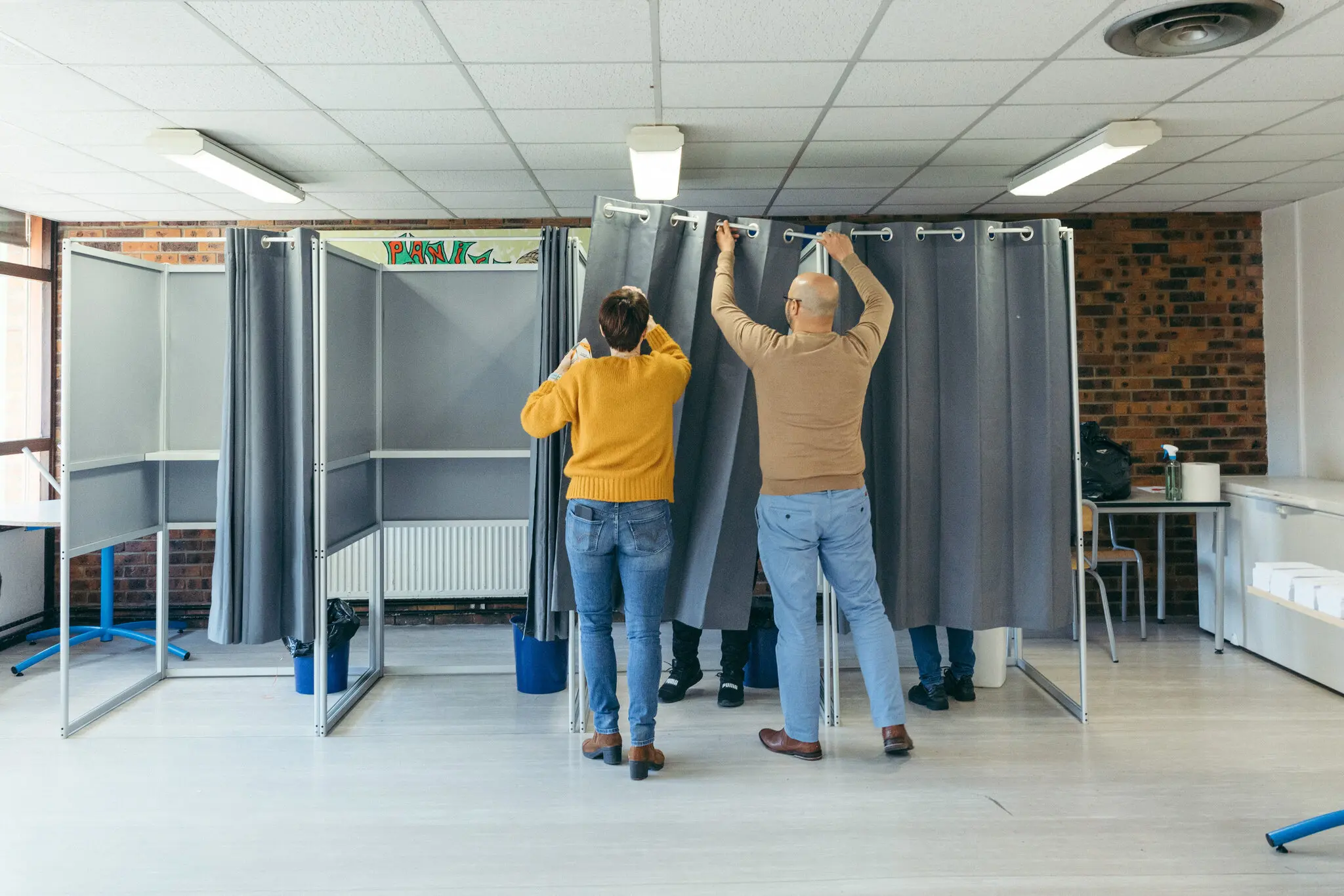
What comes next?
At 8 p.m. on Election Day, April 24, the French news media will work with pollsters to publish projected results based on preliminary vote counts. That will give a good indication of who is expected to win, but if the race is close, projections might not become clear until later. Official results will be available on the Interior Ministry website.
If Mr. Macron isn’t re-elected, the new president will have until May 13 to take office. Attention will then shift to the elections for the National Assembly. All seats there will be up for grabs, in a similar two-round system of voting, on June 12 and June 19.
FEATURED IMAGE: Voters at a polling station on Sunday in Versailles, during the first round of the French presidential election. Andrea Mantovani for The New York Times
By Aurelien Breeden/The New York Times

